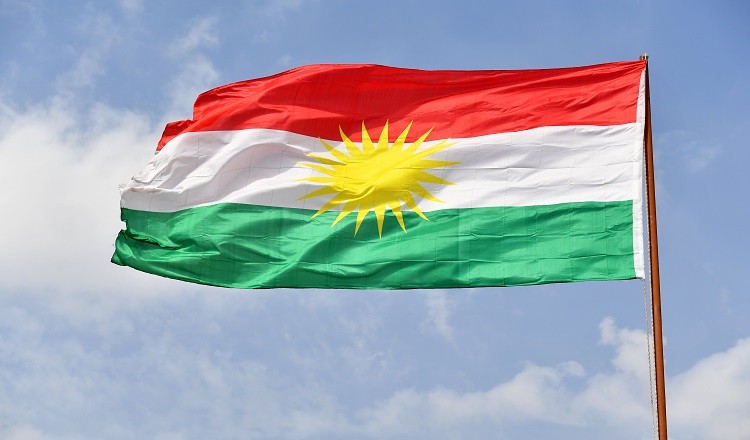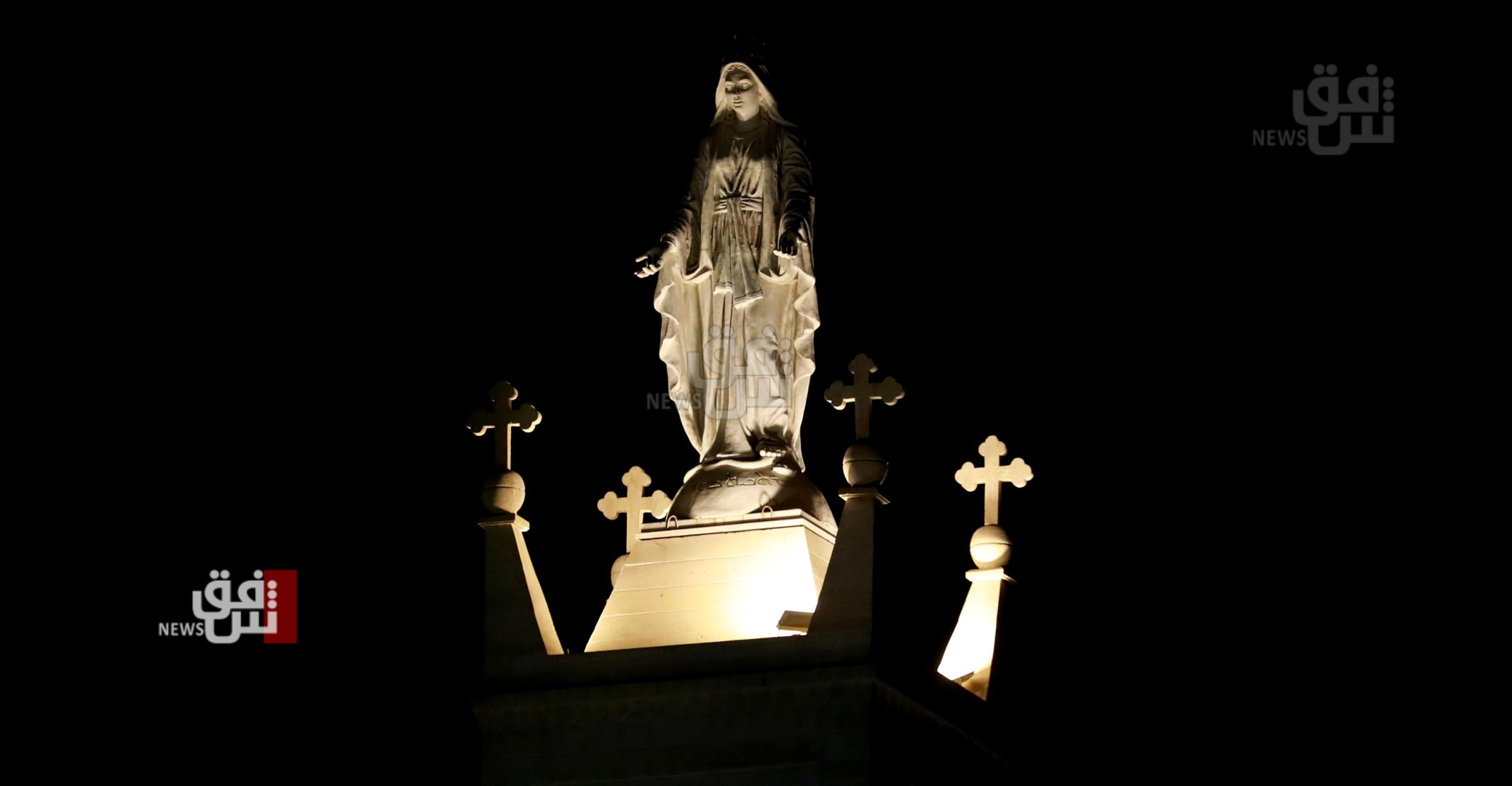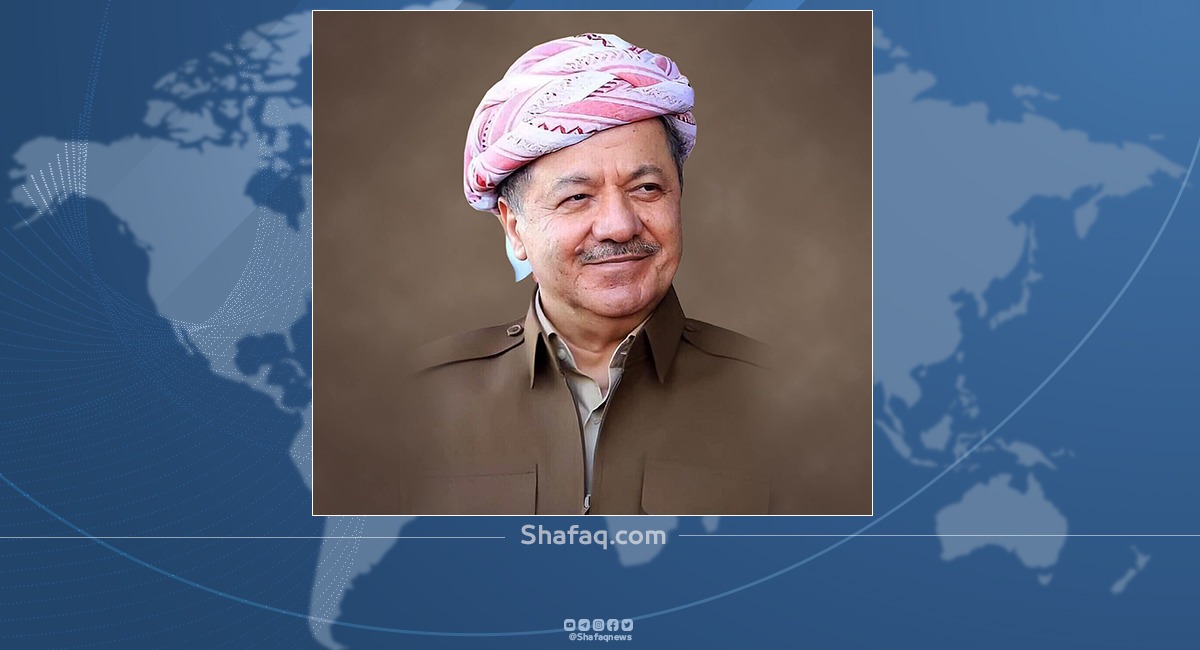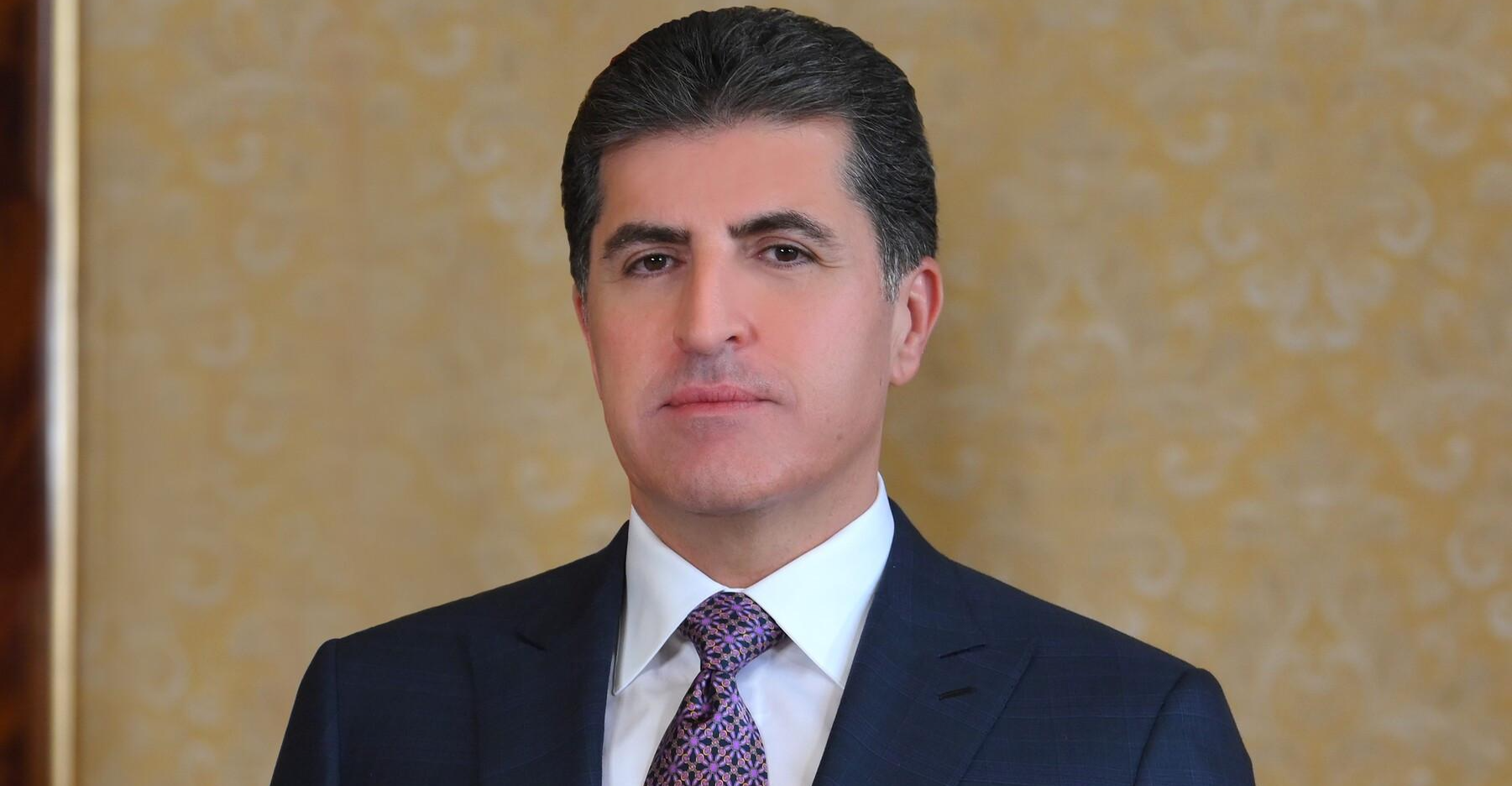Kurdish anger over the Federal Court's decisions on Kurdistan, in-depth analysis

Shafaq News/ The Federal Supreme Court of Iraq, the highest judicial authority in the country, issued two decisions on Wednesday, February 21, 2024, that have sparked anger and criticism among Kurdish politicians.
They claim that the decisions are unconstitutional and politically motivated and that they undermine the autonomy and finances of the Kurdistan Region.
The decisions concern the payment of the salaries of the public sector employees in the Region and the law of elections for the Regional parliament.
However, some observers and experts argue that the decisions are correct and consistent with the law and the constitution and that they will ensure the rights of everyone and end the suffering of the Region's employees who have faced delays in receiving their salaries for months.
Details of the two decisions
The Federal Court's recent rulings hold significant implications for the Kurdistan Region, a semi-autonomous area in northern Iraq. In an interview with Shafaq News Agency, legal expert Ali al-Tamimi shed light on the two decisions and their repercussions on the Region's political and economic landscape.
The first ruling, Decision No. 83, pertains to the upcoming elections in the Kurdistan Region set for September 2024. This decision addresses the Region's Election Law No. 1 of 1992, which underwent multiple amendments by the Regional parliament. Al-Tamimi explained that "the Federal Court reduced the number of Regional parliament members from 111 to 100.
The court found that the addition of 11 members in the seventh amendment to the law “violated various articles of the constitution safeguarding equal rights, representation, and participation for all Iraqi citizens."
The second ruling, Decision No. 224, focuses on the disbursement of salaries for employees, retirees, and social welfare in the Kurdistan Region—a longstanding point of contention between the Regional and federal authorities. This decision aims to ensure the prompt and transparent allocation of funds from the federal budget to the Region. Al-Tamimi highlighted that "this decision was reached by unanimous consent within the Federal Court, mandating the designation of a bank to receive the funds from the federal government."
Moreover, Al-Tamimi emphasized that "this decision compels the relevant authorities responsible for employees and retirees to directly engage with the federal finance ministry, bypassing the Regional government. They must provide accurate data, names, budgets, and financial amounts sent to the Kurdistan Region, totaling 775 billion dinars. This shift implies reduced Regional government oversight over financial matters and necessitates employees and retirees to update their information with federal authorities."
Al-Tamimi underscored that these rulings are deemed "final and binding" under Article 94 of the constitution, applicable to both the Kurdistan Region and the federal government. They cannot be contested or refuted in any manner. These decisions align with the principles of federalism and the rule of law, aiming to safeguard the rights and interests of all Iraqis."
Member of the parliamentary legal committee, MP Aref al-Hamami, voiced his support for the Federal Court's decisions, citing their alignment with the law, constitution, and principles of justice and fairness. He expressed optimism that these rulings would help resolve longstanding disputes between the Region and the central government, fostering greater cooperation and coordination between the two entities.
Turning the dream into reality
Dilshad Mirani, the representative of the Council of Dissenting Teachers in al-Sulaymaniyah, confirmed in a statement on Wednesday, "The Federal Court's decision was the result of ten years of struggle by the teachers and employees."
Mirani added, "We held 83 protests with thousands of participants to demand our basic rights, but we faced accusations and pressures, and no one listened." Noting, "We did not give up, and we met with many officials in Baghdad to pressure the decision-makers, and they finally filed a complaint against the Regional government in the Federal Court."
He also said, "The Federal Court's decision was a hard-won victory and a dream come true for the teachers and employees, as it obliged Baghdad to pay the salaries of the Region's employees by depositing them in the government banks and paying the arrears of the last three months of last year."
The people win
The director of Al-Rafid Center for Media and Strategic Studies, Dr. Abbas Al-Jubouri, explained to Shafaq News Agency, "The employees had endured a lot of hardship and frustration due to the lack of salaries and the long delays that sometimes lasted for four months, which harmed their living conditions and well-being. He said that the decision to localize salaries was fair and beneficial, as it would ensure everyone's rights and the salaries would be deducted from the Region's budget."
He added, "The decision would improve the situation of the employees in the Region, as they would receive their salaries from the official banks like the employees in Baghdad, and that the Kurdish people would be the winners of this decision."
Salary financing
On Saturday, the Parliamentary Finance Committee detailed how to pay the salaries of the employees of the Kurdistan Region.
The head of the Committee, Atwan Al-Atwani, said in a statement, "the Region's allocations, which were 12.67%, would include the amount of salaries, and the rest would be used for funding projects and needs of the Region's institutions."
He said the Ministry of Finance would pay the salaries of the employees and retirees in the Kurdistan Region every month according to the Federal Court's decision, adding, "the officials in the Regional government should cooperate with the decision to ensure the normal payment of the salaries."
"The decision was clear and that anyone who tried to block any part of it would face legal consequences…the purpose of localizing salaries was to create a database and prevent duplicate jobs."
The Regional government's position
The KRG Prime Minister Masrour Barzani, speaking from Halabja governorate last Thursday, stated that his government would formally announce its position on the Federal Court's decisions once received.
He emphasized that "any infringement on the constitutional rights of the Kurdish people would be strongly opposed by his administration." Barzani also highlighted the "importance of promptly holding legislative elections in the Kurdistan Region, noting that they had been delayed for two years due to political factors."
In contrast, the Kurdistan Democratic Party (KDP) condemned the Federal Court's rulings as unconstitutional and unjust towards the Kurdistan Region. The party's political bureau, led by President Masoud Barzani, convened a meeting to assess the implications of these decisions.
In a statement, the KDP criticized the court's actions for "disregarding the constitution, the Region's rights, federalist principles, and the separation of powers." They also voiced support for minority rights and their involvement in constitutional institutions, rejecting the amendment to the 1992 election law as a violation of the constitution and the principle of separation of powers.
Furthermore, the KDP urged the Kurdistan Regional Government to continue negotiations with the federal government regarding the Region's financial entitlements within the boundaries of the constitution.
Constitutional violation
The deputy of the Kurdistan Democratic Party in the Iraqi parliament, Nehru Mahmoud Kader Saeed, said, "The Federal Court's decisions were against the constitution, the rights, the federalism, and the separation of powers, and that they contradicted the constitutional articles."
Furthermore, he stated to Shafaq News Agency, "The decision to cancel the quota seats deprived the components in the Region of their rights, while the Iraqi parliament had a quota for the Regions of the Region." He added, "this was a contradiction and prevented the representation of those in the Region in the Regional parliament."
The parties of the Chaldean Syriac Assyrian component in the Kurdistan Region, on Friday, denounced the decision of the Federal Court to cancel the quota seats and the representation of minorities in the Regional parliament as a constitutional breach and a political move. They said, "The decision was disappointing for the sons of the component, and that the court had no authority to make such a decision and that it had made a mistake with another mistake."
The KRG Minister of State for Minority Affairs, Aydin Maruf, said on Thursday that the decision of the Federal Supreme Court to dissolve the 'quota' seats in the Kurdistan Parliament is "political and illegal."
Salaries will not be paid directly
Abdul Salam Al-Brawari, a former Kurdistan Parliament member, criticized the Federal Court's decisions as illogical and overreaching. He argued that the court should have merely confirmed Article 120 (third) of the constitution, which mandates fair revenue allocation based on population or need.
Al-Brawari accused the Federal Court of "overstepping its role by encroaching on legislative and executive functions, thus breaching the separation of powers."
He disputed the court's interpretation of "localizing salaries," clarifying that it simply involved depositing funds in banks without altering the process.
Al-Brawari debunked claims that "the federal government would directly pay salaries, emphasizing that the decision did not support this." He explained that "618 billion dinars would be transferred to Regional accounts through designated banks, describing this as localization."
Al-Brawari highlighted the impracticality of direct salary payments and the potential consequences of the court's decision, suggesting it could either penalize the Region or uphold constitutional obligations regarding revenue distribution.
A death knell for the Kurdish political entity
The leader of the Kurdistan Socialist Democratic Party (KSDP), Mohammed Haji Mahmoud, also known as Kaka Hama condemned last Thursday the decisions of the Iraqi Federal Supreme Court (FSC) as "political" and "full of hatred" against the Kurdistan Region.
He described this decision as an attempt to "dry up the sources of income for the Region" and force the KRG to "beg" Baghdad for money.
Moreover, Kaka Hama said that the decision to hand over the region's oil and non-oil revenues to Baghdad aimed to cut off the Region's income and humiliate it. He said that accepting this” unfair decision was like destroying the political entity of Kurdistan., pointing out that the decision to dissolve the High Commission for Elections and Referendum in the Region was a “poisoned dagger in the back of the Kurds and their political entity.”
The Kurdish politician Yasin Aziz said, "The decisions exceeded the court's authority and tried to weaken the administrative and political entity of the Region, which was constitutional and legal."
"the Kurdish leadership should work hard to deal with the quality of the decisions issued by the judiciary, and hoped that they would be free from political disputes; the Kurds voted for the constitution in 2005 to protect their rights, not to eliminate the Region by using the constitution in a wrong way."




